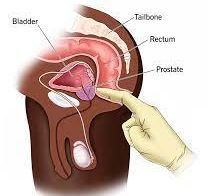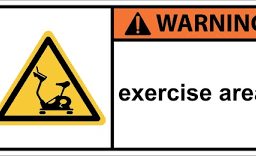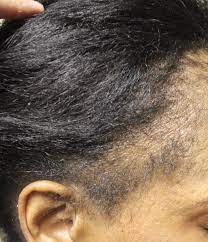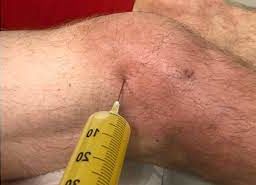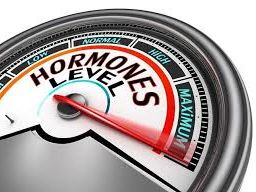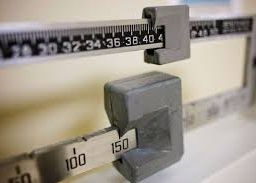
Hormonal Balance and the Menstrual Cycle Tips for a Healthier Cycle
Understanding the menstrual cycle is fundamental for every woman’s health journey. Delving deep into its intricacies can provide insights into menstruation, offering valuable guidance for optimal well-being.

Menstruation is a natural and significant aspect of a woman’s life. Despite its regular occurrence, many women may not have access to accurate information about menstrual health. In this post, we’ll explore essential menstruation tips that every woman should know. These tips will empower women to manage their periods with confidence and prioritize their overall well-being.
1. Understanding the Menstrual Cycle:
– Knowledge of your menstrual cycle is crucial. It typically lasts around 28 days, but variations are common. Understanding the four phases (menstruation, follicular, ovulation, and luteal) can help you predict your period and potential hormonal fluctuations.
2. Maintain Good Hygiene:
– Personal hygiene is paramount during menstruation. Change your sanitary products (tampons, pads, or menstrual cups) regularly to avoid discomfort and reduce the risk of infection.
– Clean your genital area daily with mild soap and water to prevent odor and discomfort.
3. Manage Menstrual Pain:
– Many women experience menstrual cramps. Over-the-counter pain relievers like ibuprofen can help alleviate pain and discomfort.
– Applying a heating pad or hot water bottle to your lower abdomen can also provide relief.
4. Embrace Variability:
– Understand that menstrual cycles can vary from month to month. Flow, duration, and associated symptoms may not be the same every time.
– Irregular periods are common, especially during adolescence and perimenopause.
5. Recognize Abnormal Signs:
Periods can vary in flow, duration, and symptoms from month to month. Irregular periods are common, especially in adolescents and women approaching menopause.
– Be alert to any unusual signs during your period. Seek medical advice if you experience:
– Extremely heavy bleeding (soaking through a pad or tampon every hour)
– Severe pain that disrupts daily activities
– Irregular bleeding between periods
– Menstrual cycles shorter than 21 days or longer than 35 days
6. Practice Self-Care:
– Menstruation can be physically and emotionally taxing. Prioritize self-care, such as rest, relaxation, and stress management, during your period.
– Engage in activities that make you feel comfortable and relaxed.
7. Stay Active and Eat Well:
– Regular exercise can help alleviate menstrual symptoms and improve overall well-being.
– Maintain a balanced diet rich in iron, calcium, and other essential nutrients to support your body during menstruation.
8. Normalize Period Conversations:
– Break the stigma surrounding menstruation by openly discussing it with friends, family, and peers.
– Encourage open dialogue about menstrual health and seek support when needed.
9. Tracking Your Cycle:
– Keeping a menstrual calendar or using a tracking app can help predict when your period is due, making it easier to plan.
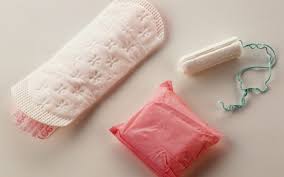
Myths:
- Myth 1: You Can’t Exercise During Your Period: This is false. Exercise can actually help relieve menstrual cramps and boost your mood. Listen to your body and choose activities that make you feel comfortable.
- Myth 2: You Can’t Swim During Your Period: Also untrue. Menstrual products are designed to prevent leakage in water, allowing you to swim freely.
- Myth 3: You Can Sync Periods with Friends: The idea that menstrual cycles can sync among close friends is a myth without scientific evidence.
- Myth 4: Menstrual Blood Is Dirty: Menstrual blood is not dirty. It’s simply the shedding of the uterine lining and is not harmful in any way.
- Myth 5: You Can’t Get Pregnant During Your Period: While less likely, it is still possible to get pregnant during your period. Contraception is essential if you want to prevent pregnancy.
Every woman deserves accurate information and support when it comes to menstruation. By understanding your menstrual cycle, maintaining good hygiene, managing menstrual pain, embracing variability, recognizing abnormal signs, practicing self-care, staying active, and normalizing period conversations, you can navigate your menstrual journey with confidence and prioritize your overall health and well-being. Remember, your period is a natural part of your life, and you have the power to manage it with grace and confidence.
Disclaimer: The information provided in this content is for general informational purposes only. It is not intended as medical or healthcare advice, diagnosis, or treatment. Always seek the advice of a qualified healthcare professional with any questions you may have regarding a medical condition or healthcare decisions.



